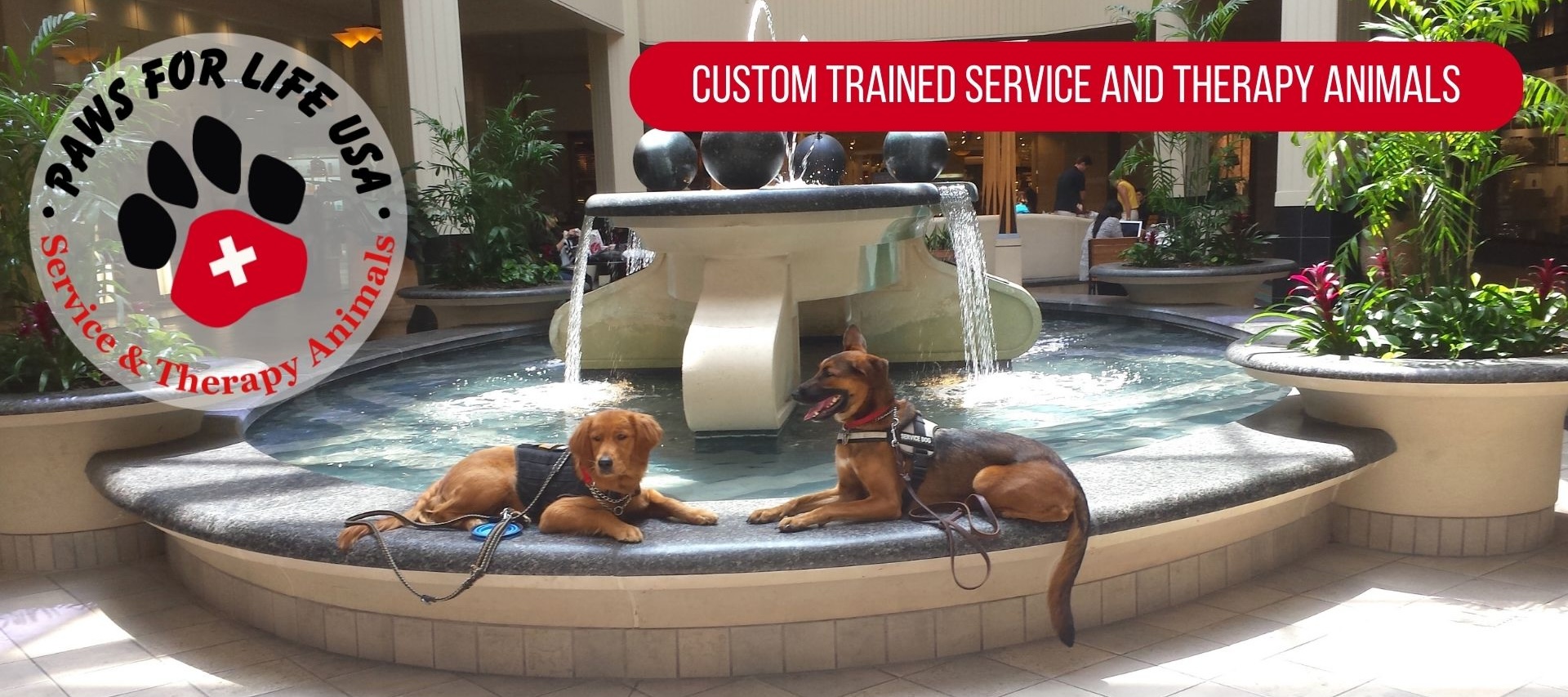Medical Alert Dog A medical response dog is a service dog trained to assist an individual who has a medical disability. Typically, they are dogs whose job does not handle primarily epilepsy or psychiatric-based conditions, though some seizure response dogs or psychiatric service dogs may also be referred to as medical response. Many medical response dogs “alert” their handlers to conditions before they occur. For example, service dogs partnered with diabetic persons may be trained to detect when the handler’s blood sugar becomes too high or low. In addition to or in the absence of this training, medical response dogs are also often trained skills to help in their handlers’ symptoms, such as bringing medications or a telephone, providing bracing and other mobility assistance, or any other number of tasks.
Diabetic Alert Dogs
Diabetic alert dogs are trained to identify and assist diabetics during hypoglycemic and hyper glycemic attacks. When the blood sugar levels go out of balance, the dogs detect subtle changes in their handlers’ body chemistry and scent, which are undetectable to the handler’s human companions. The dogs don’t detect specific blood glucose levels, rather they detect when levels are shifting and alert in time for the handler to check blood sugar levels and make appropriate adjustments. Most any dog can be used as a Diabetic Alert Dog.
Seizure Alert Dogs
Some animals can be trained to recognize specific changes preceding an epileptic seizure in people. These animals, usually dogs, can provide a signal that acts as a useful warning to their human companion. Dogs may alert people by whining, licking the owner, and alerting others to their special companion’s impending seizure. This alerting behavior allows the owner to get to a safe place or in a safe position before the onset of the seizure.


